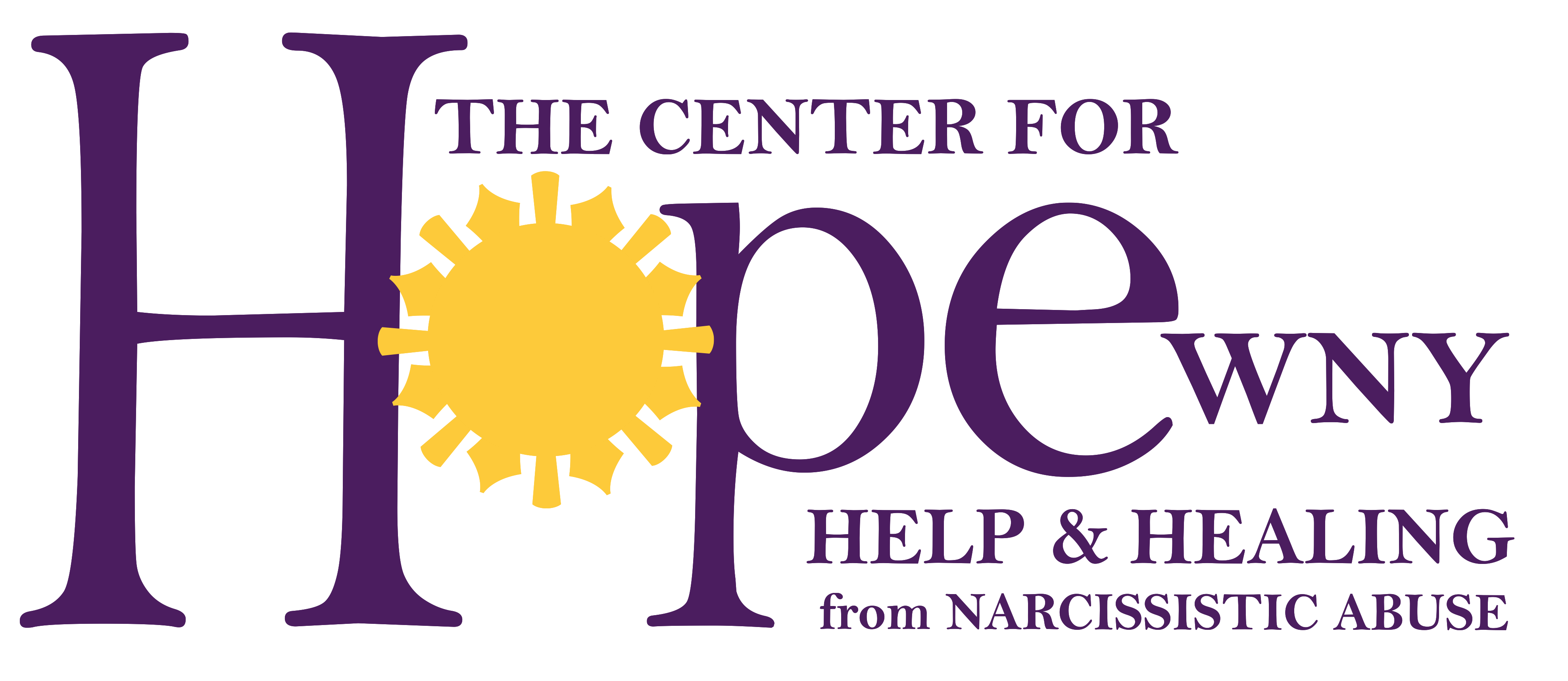- Hope, Help & Healing from Narcissistic Abuse
- 716.955.9658
- info@centerforhopewny.org


Today, it seems the term “narcissist” is bandied around freely without knowing the actual definition. I believe narcissism is a spectrum. Some people simply have narcissistic tendencies and others suffer from every characteristic of Narcissistic Personality DisorderNarcissistic Personality Disorder (NPD) The hallmarks of narcissistic personality disorder (NPD) are grandiosity, a lack of empathy for other people, and More. My narcissist always meets all the characteristics of NPD.
Below is an excerpt from my book “Wrecking Ball Relationships: How to Identify, Live with or Leave the Narcissist in Your Life.”
DSM
The Diagnostic & Statistical Manual of Mental Disorders (DSM) is the standard handbook used by healthcare professionals in the Americas and much of the world. It’s recognized as the authoritative guide to the diagnosis of mental disorders. It states Narcissistic Personality Disorder (NPD)Narcissistic Personality Disorder (NPD) The hallmarks of narcissistic personality disorder (NPD) are grandiosity, a lack of empathy for other people, and More is a pattern of self-centered, egotistical behavior destructive to others. Narcissists put their needs before others. They tend to step on people who get in their way and even go out of their way to hurt them. The most important characteristics of NPD are grandiosity, seeking excessive admiration and a lack of empathy. There is no cure for NPD and most people affected by it are blissfully unaware they suffer from it. So, they don’t seek help.
American Psychiatric Association
The American Psychiatric Association defines narcissistic personality disorderNarcissistic Personality Disorder (NPD) The hallmarks of narcissistic personality disorder (NPD) are grandiosity, a lack of empathy for other people, and More as persistent grandiosity, a continuous desire for admiration, and a lack of empathy. It begins in early adulthood and is seen in people with at least five of the following characteristics:
- An exaggerated sense of self-importance. They expect to be recognized as superior without matching achievements.
- A preoccupation with fantasies of unlimited success, power, brilliance, beauty, or ideal love.
- Believes he/she is “special” and should only associate with other special high-status people or institutions.
- Requires excessive admiration
- Has a strong sense of entitlementNarcissistic Entitlement refers to a belief that one’s importance, superiority, or uniqueness should result in getting More
- Selfishly takes advantage of others to achieve his own ends
- Lacks empathy or genuine concern for others
- Is often envious or believes others are envious of him
- Shows arrogant, haughty, patronizing, or contemptuous behavior
Does your narcissist have trouble in one of these areas?
In 2013, The American Psychiatric Association set out a model characterizing narcissistic personality disorderNarcissistic Personality Disorder (NPD) The hallmarks of narcissistic personality disorder (NPD) are grandiosity, a lack of empathy for other people, and More as an impairment in personality functioning, seen as troubles in at least two of the following areas:
- Individuality – or identity; There are significant ups and downs between extremes of inflated or deflated self-appraisal and fluctuations regulating emotions.
- Self-direction – Goals are set to gain approval or compete with others; standards are unreasonably high when one sees oneself as exceptional. There is no real “self” in self-direction as it is based on others.
- Empathy – The ability to recognize or identify with the feelings and needs of others is severely impaired.
- Closeness – or intimacy; They don’t have many friends as their relationships are largely superficial. Relationships are primarily used for personal gain.
The Mayo Clinic
The Mayo Clinic explains some typical behaviors common in NPD. They:
- Monopolize conversations and belittle or look down on people they consider inferior, and they consider almost everyone inferior.
- Have trouble handling anything they view as criticism. They often:
- Become impatient or angry when they don’t receive special treatment
- Have significant interpersonal problems and easily feel slighted
- React with rage or contempt, belittling others to appear superior
- Have difficulty regulating emotions and behavior
- Experience major problems dealing with stress and adapting to change
- Feel depressed and moody if they fall short of perfection
- Harbor feelings of insecurity, shame, vulnerability, and humiliation
You can find my book “Wrecking Ball Relationships” on Amazon and Barnes & Noble.


